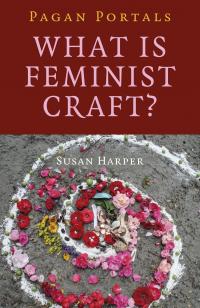
Here's an excerpt:
One of the most important considerations when starting to write is to know who you are writing for.
Many of the people I have worked with write for themselves. They love to write poems or stories but, when it comes to sharing their work with anyone else, they become incredibly nervous. This is understandable. When we share our work, we invite judgement and criticism. Although people may be responding to our writing, what we write can be so personal that it feels as though they are judging us. Because of this, I have found many people who have written pages, volumes, which they have never shared with anyone else.
I think it is good that we have writing which is only for our self; I mentioned earlier that I keep a daily diary which I would never dream of sharing with anyone else. Writing for ourselves can be incredibly therapeutic. It is an excellent and well documented form of therapy which can help us contextualise problems more easily by getting them down on paper. However, writing exclusively for ourselves can become somewhat self-indulgent and insular. We can end up writing just what we want to write because that is just what we want to read. We can end up cutting corners or not expanding our technique fully because our only audience is our self. For writing to be truly spiritual we have to move beyond this.
Writing for other people is, generally, more productive than
writing for ourselves, although it can lead to much greater
anxiety. When I have asked students to share work with
others, some have left the class rather than let someone else see
their writing. The first time I introduce students to the group
workshop, where one person’s writing is critiqued by a number
of people in the room, every single student has been nervous,
despite my reassurances that everything will be okay. As a rule,
students end up finding this an incredibly useful process.
Sharing our written work with others helps us to detach ourselves from the piece, to view it more objectively. Once we
have that objectivity, it is easier for us to evaluate our own
successes and areas we want to develop in subsequent pieces.
However, the process of sharing can sometimes remove the
element of spirituality from our writing and focus instead on
developing technical skill, such as grammar and punctuation.
We may also find that some people approach our work with a
negative agenda, so we need to make sure we give our work
to people who will be constructive and supportive in their
comments, those who will focus on helping us develop our
writing.
Buy the book:
Categories:
0 comments on this article







